My 50th birthday was exactly 123 days ago.
I know this because on that day—October 12th, 2022—I started writing in a special journal. Basically I gave myself homework for my birthday.
I had purchased a Leuchtturm 1917 pocket journal, on Neil Gaiman’s recommendation, and as an alternative to the nearly identical Moleskine pocket journals I’ve used for decades. And I likely would have used the Leuchtturn in the same way I use those Moleskines, as a daily journal. But it was nearly identical, not identical. And so, infuriatingly, it did not fit in the leather sleeve I use with my Moleskines.
That was too bad. The Leuchtturm wasn’t exactly a cheap notebook. I had actually been looking forward to trying it out, though, and was a bit disappointed when it didn’t fit.
I could have just relegated it to some task—maybe used it as a quick notepad for ideas, etc. I have a few of those laying around, however, and though I use them they aren’t really “special” to me. I felt like this notebook needed to be special. It needed a special purpose.
So, though my birthday (at the time) was about two months out, I decided that starting on that day I would start writing “something special.” I wasn’t sure what that would be, though. In fact, I remained unsure right up until the moment I put pen to paper.
That day, Wednesday 12 October 2022, that day I wrote the first page in “The Book of Kevin.”
Working title.
Also, kind of pretentious and egotistical, I guess. But it’s actually pretty accurate. Because for 123 days now, every single day without fail, I have written on a single page of that journal (123 of them in total). And on each of those days I expressed some philosophy or bit of wisdom that was on my mind. I shared what I’ve learned or thought about, the principles that I’ve learned to live by or that I intended to live by. Still intend to live by.
Today was the last page. Another Last Page Day. So, a celebration, and some reflection.
Here’s what I’ve learned in the past 123 days:
I can be redundant—some ideas get repeated in different ways. And I think that’s ok. Sometimes the same wisdom means different things on different days and at different moments in our lives. Learning and growing takes a little redundancy. Sometimes we need things repeated so they sink in.
I steal a lot—Not every principle I live by came exclusively out of my own brain. In fact, most didn’t. I’ve borrowed from philosophers, authors, and even just random people in coffee shops over the years. Like everyone else, my principles are an amalgam of my experiences. And that’s ok, too. As long as you are aware of who and what influences you, you’re doing your duty as a human by assembling found wisdom within yourself.
Discipline can suck—I write every single day anyway, and I have a whole bunch of journals that I keep up with. Adding one more sometimes felt like a pain. It sucked. And the good that came of that was, I now know that I can face the suck and do the thing anyway. Doing the thing is important. We should always be willing to do the thing.
I can keep a deal with myself—This is why doing a thing is important. Because if you can’t keep to the commitments you make with yourself, you’re definitely not going to stick to those you’ve made to others. But more than that, if you want confidence and a sense of personal peace and self assurance, you’ll find it once you’ve kept whatever deals and commitments and bargains you’ve made with yourself. You learn to trust yourself by being trustworthy to yourself first, as well as to others.
Filling exactly one page is hard—Because there are days when you have no idea what to say in the first place, and then days when you don’t know what more you could say, and then days when you have so much to say that a page doesn’t feel like it’s enough. This exercise of keeping to a confined space, though, is really good for you. If you’re a writer, it trains you to be both concise and thorough. If you’re just someone trying to chronicle or improve upon your life, it teaches you the same, but also that you are capable and clever.
There’s always something to learn, even if it’s from me—Some of what I wrote surprised me. Sometimes things came out on the page that felt profound and new. Ideas I hadn’t heard or considered before just flowed from the tip of my pen, as if I were transcribing them from some ancient and wise guru sitting serenely in the room with me. It’s weird. And amazing. And I think everyone is secretly capable of it.
Not everything I write is wise—Some of it is kind of cliché. Some of it is trite. Some of it is basically an expansion on a greeting card caption or a pithy bumper sticker I read once. It isn’t all profound. And yet, somehow, it is. Sometimes the dumb stuff is the smartest thing on the page. That’s why it all deserves to be written down. Dumb today can be wise tomorrow, and you’d miss it if it wasn’t there.
If you’re wondering what I plan to do with this, now that the project is done, the answer is that I will start transcribing all of it to digital. I actually intended this from the start. I plan to publish this book of principles and put it out in the world, because I think it should exist. And whatever happens to it from there, I’m ok with letting it happen.
It’s a philosophy book, in a sense. Which means that some people are going to find it inspiring, and some people are going to find it ridiculous. And at various times, I’ll end up being in one camp or the other, alternately.
Because here’s the secret about all human beings, including me and you: We are wise, and we are dumb. We are profound, and we are ridiculous. We have everything to teach, and everything to learn.
And wouldn’t it be a shame if we never shared both sides of ourselves with the world in any way? Think of what would be lost.
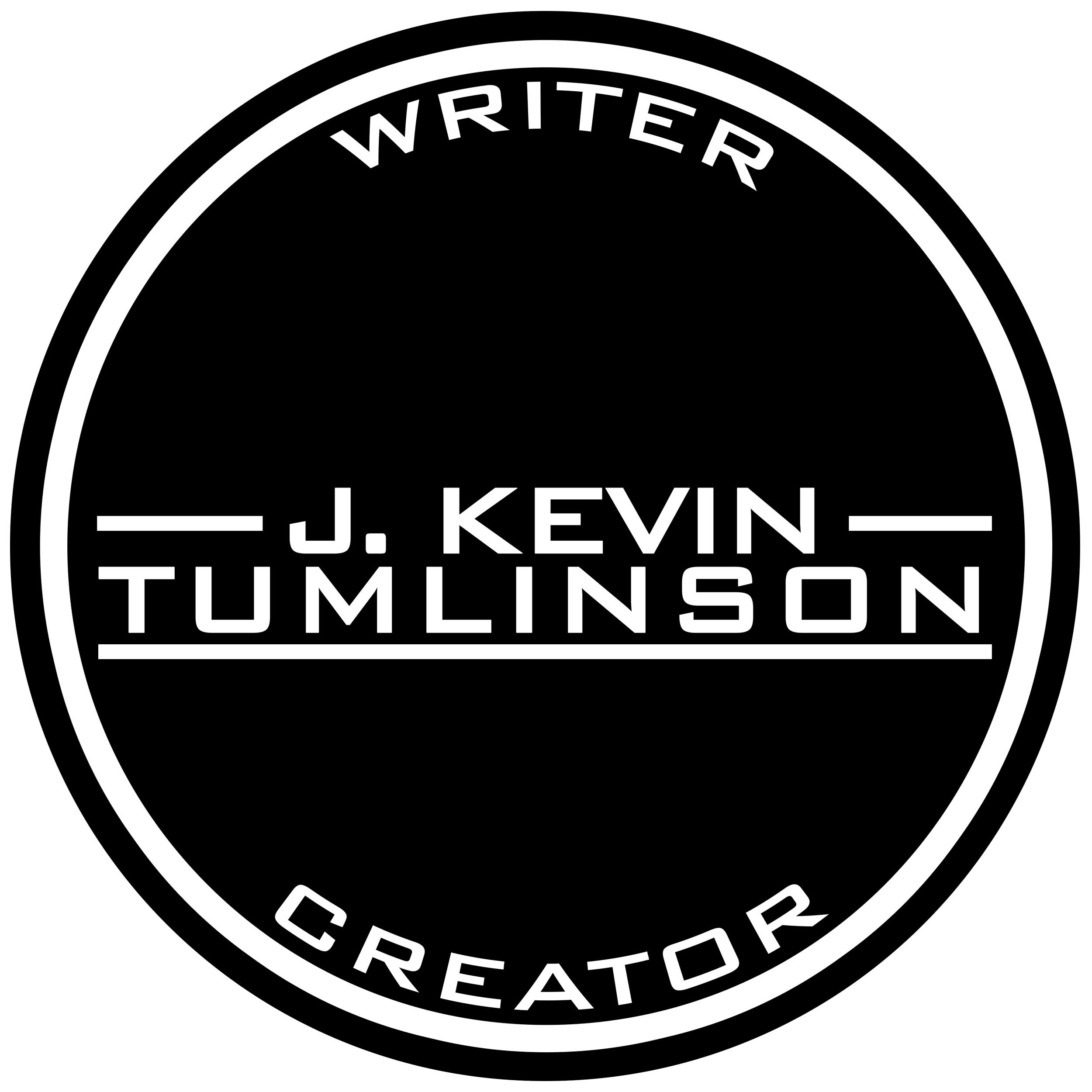







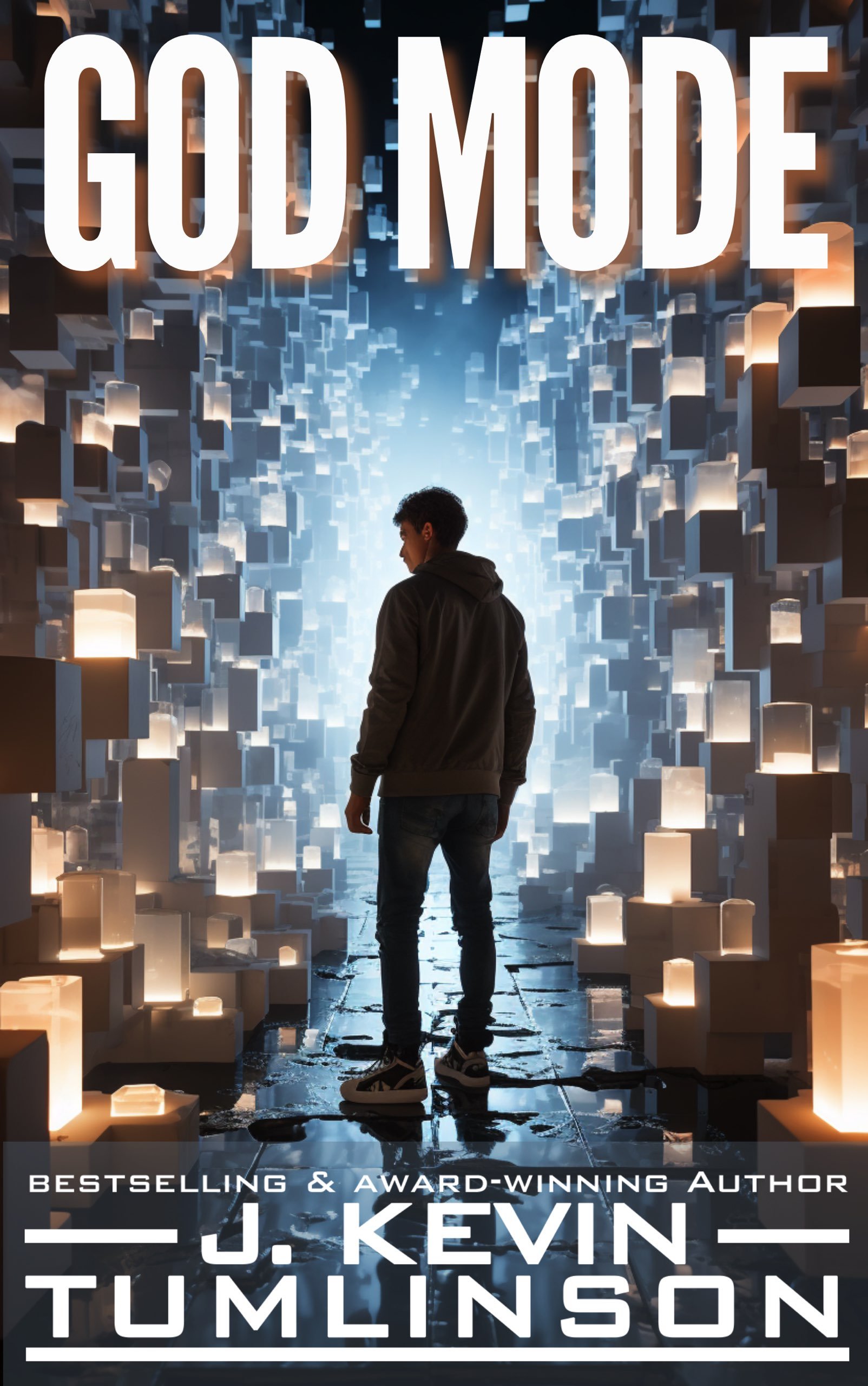
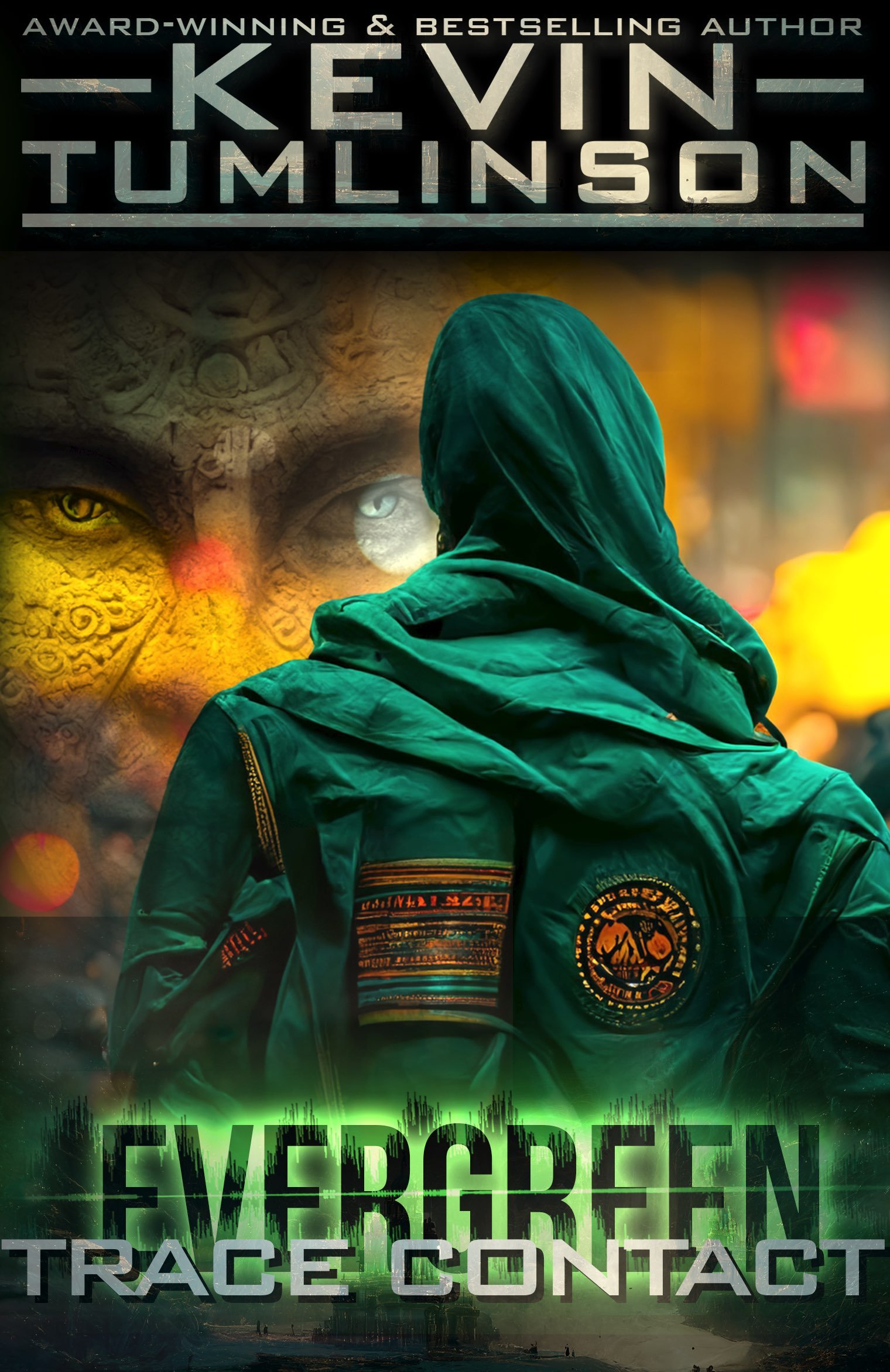






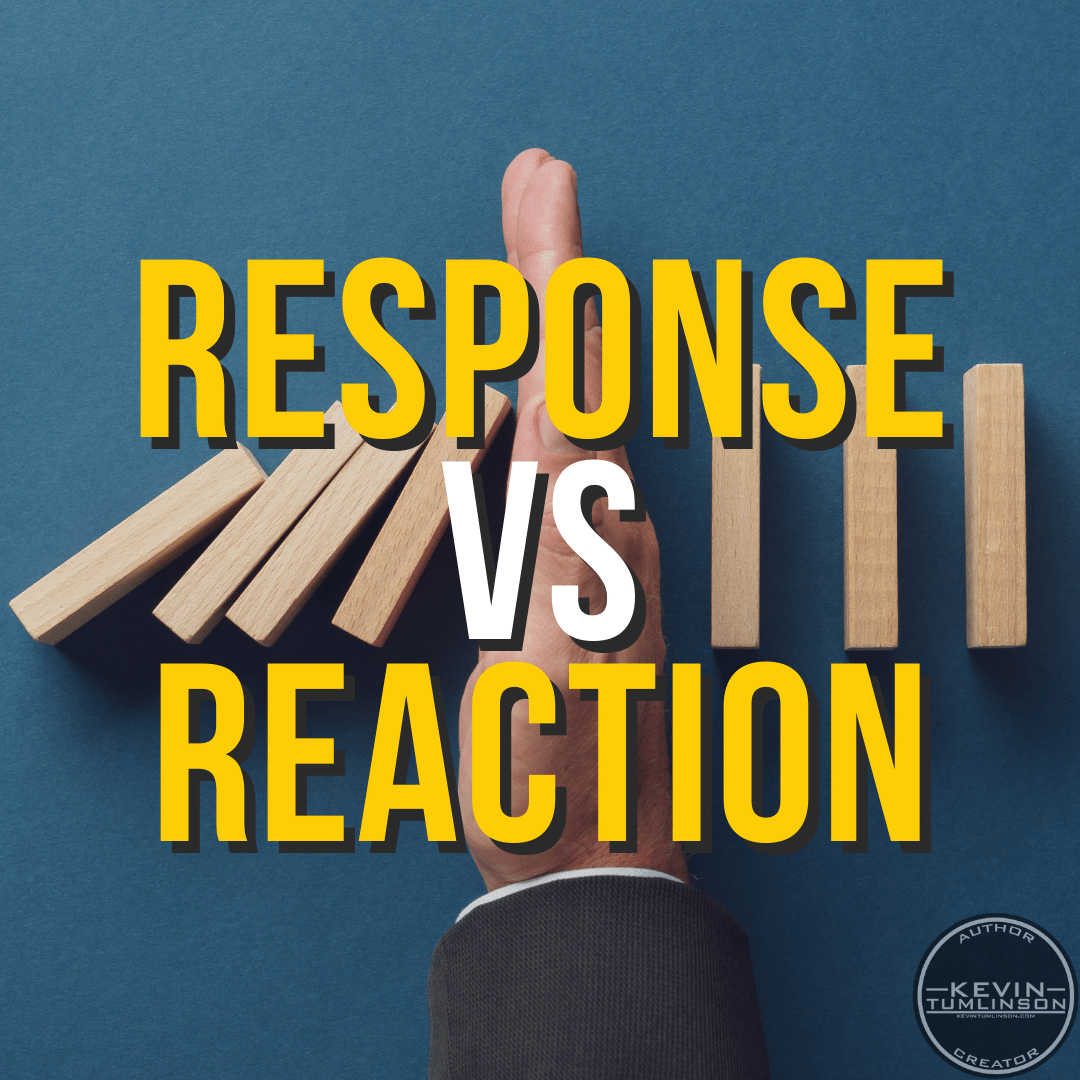



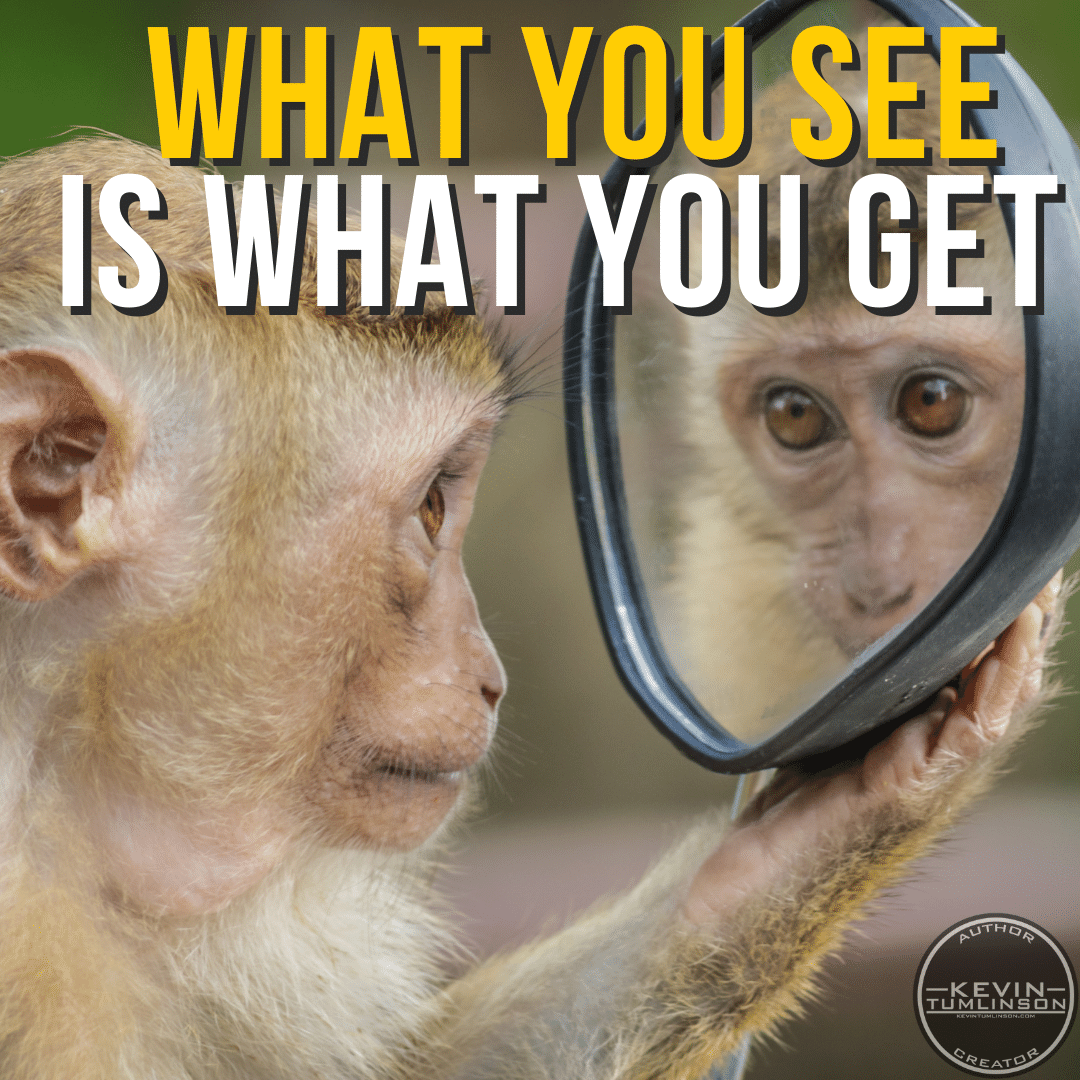








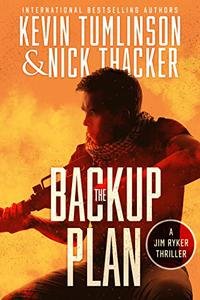
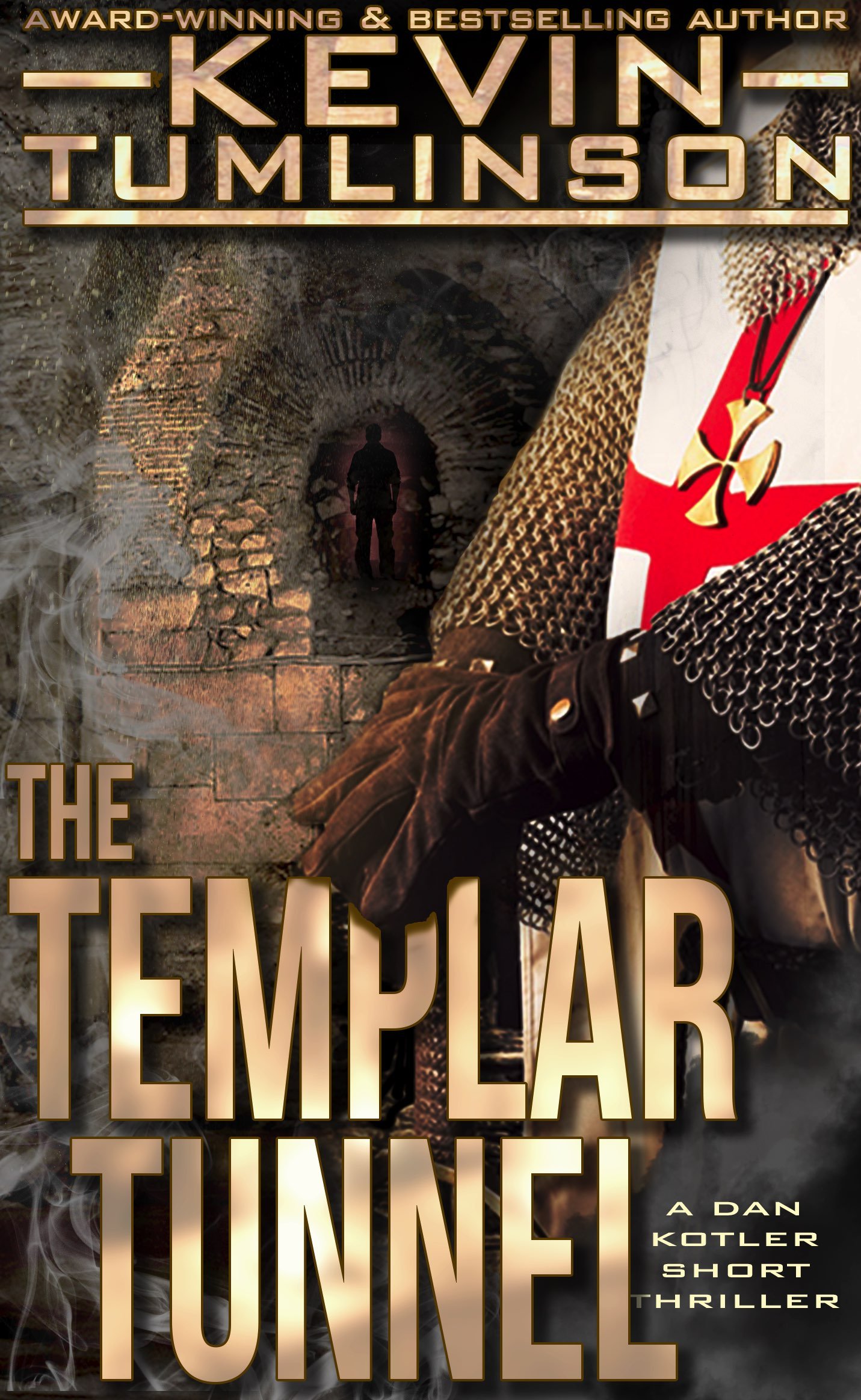
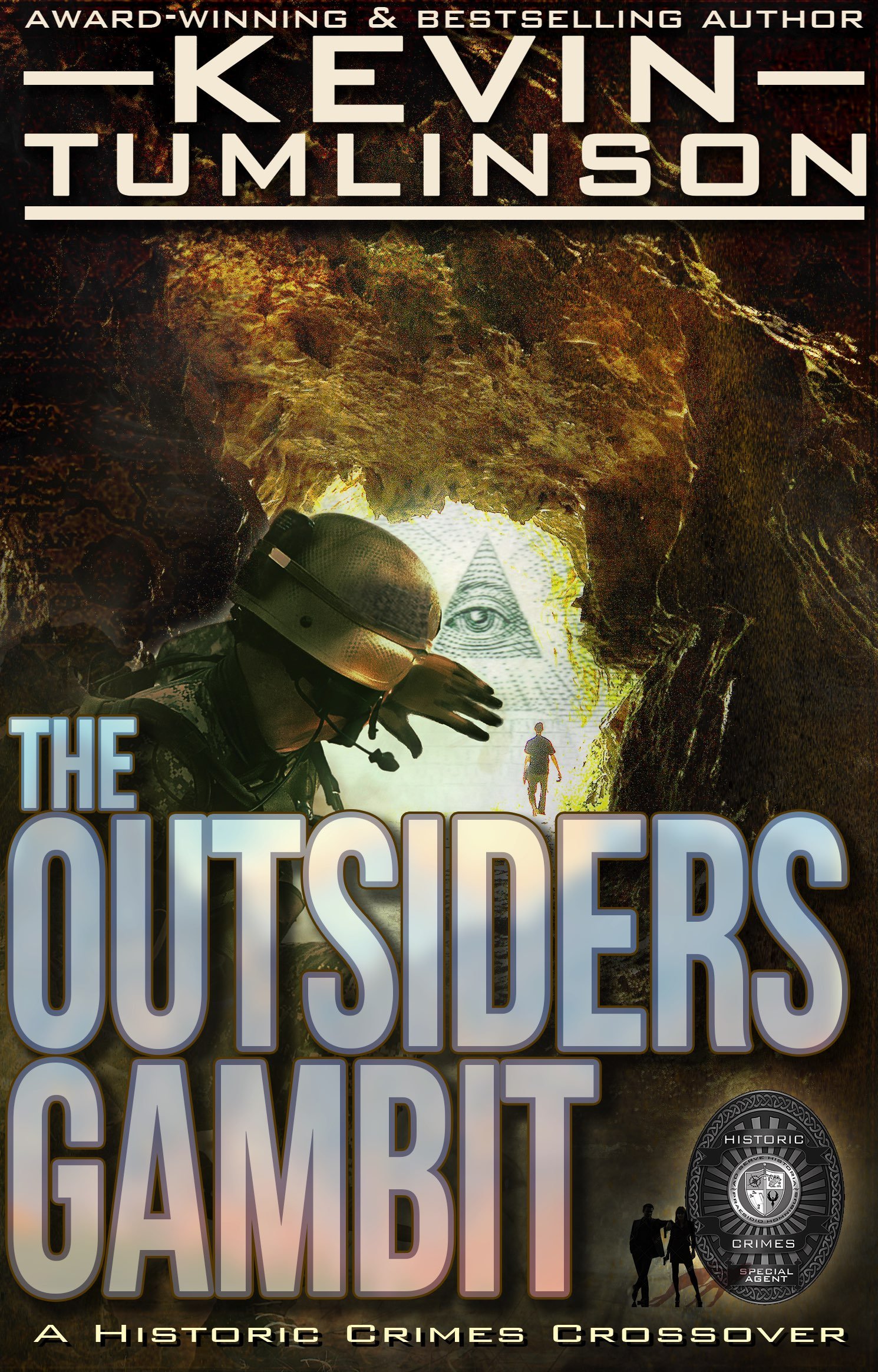
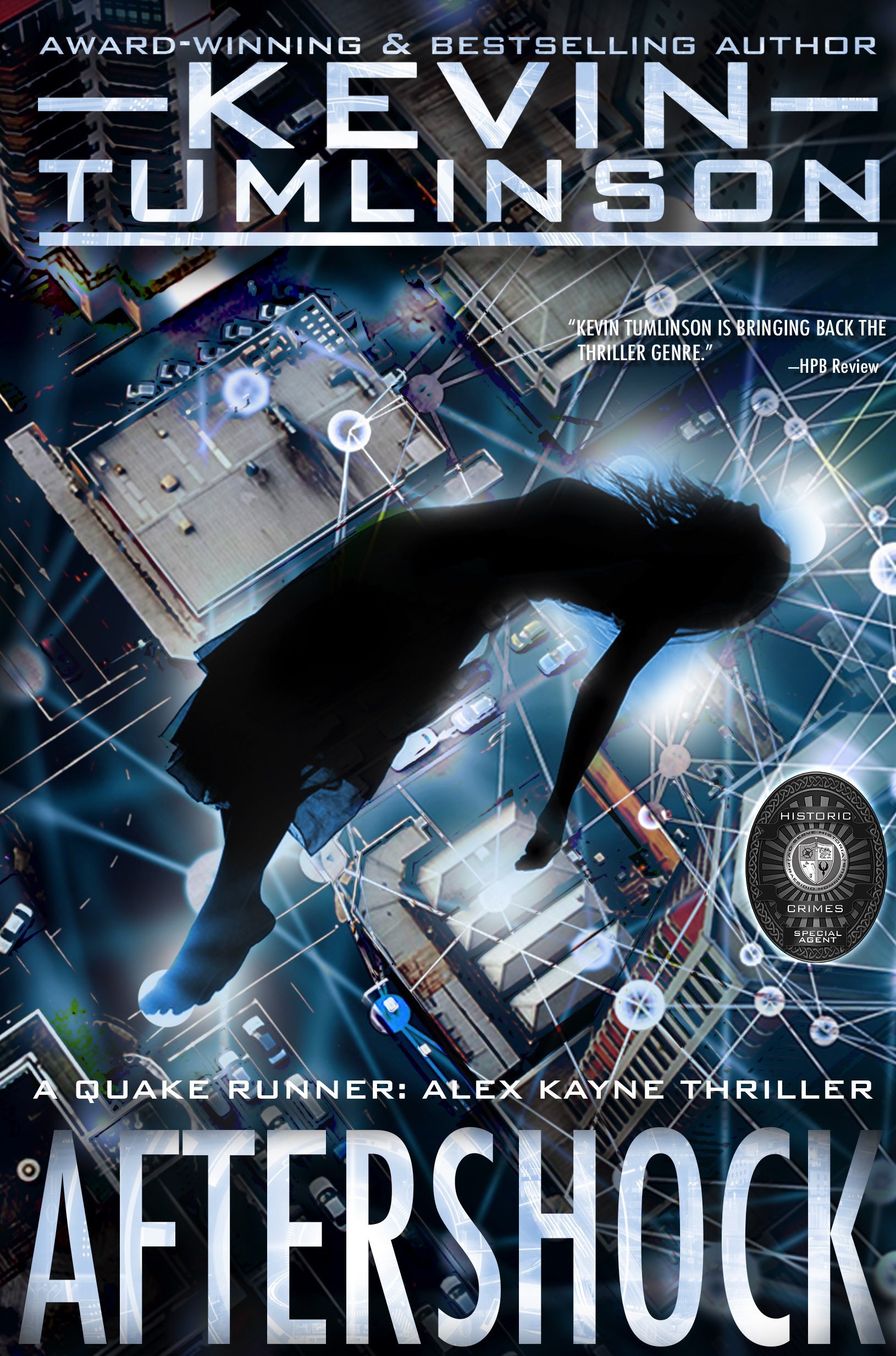
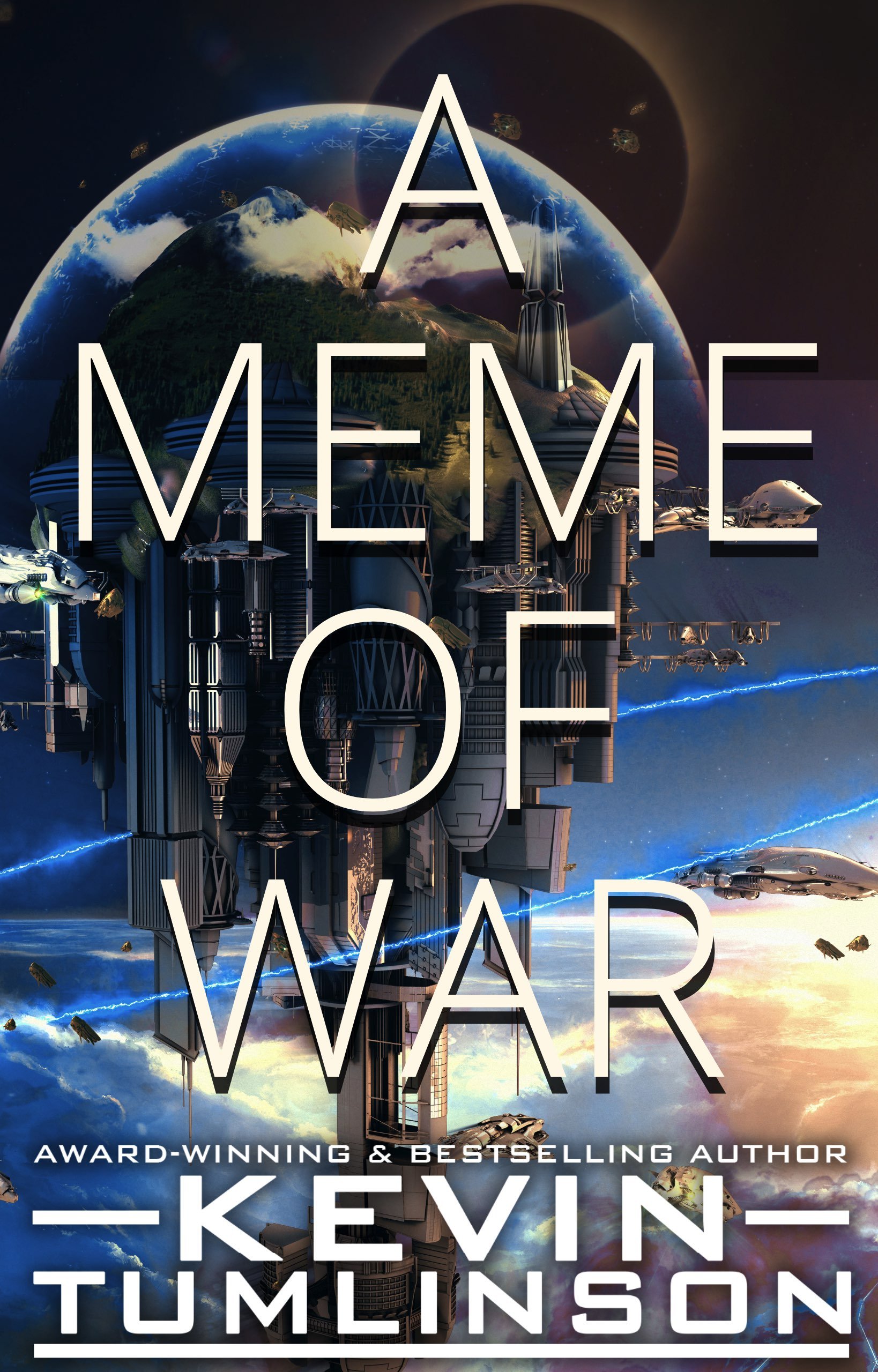
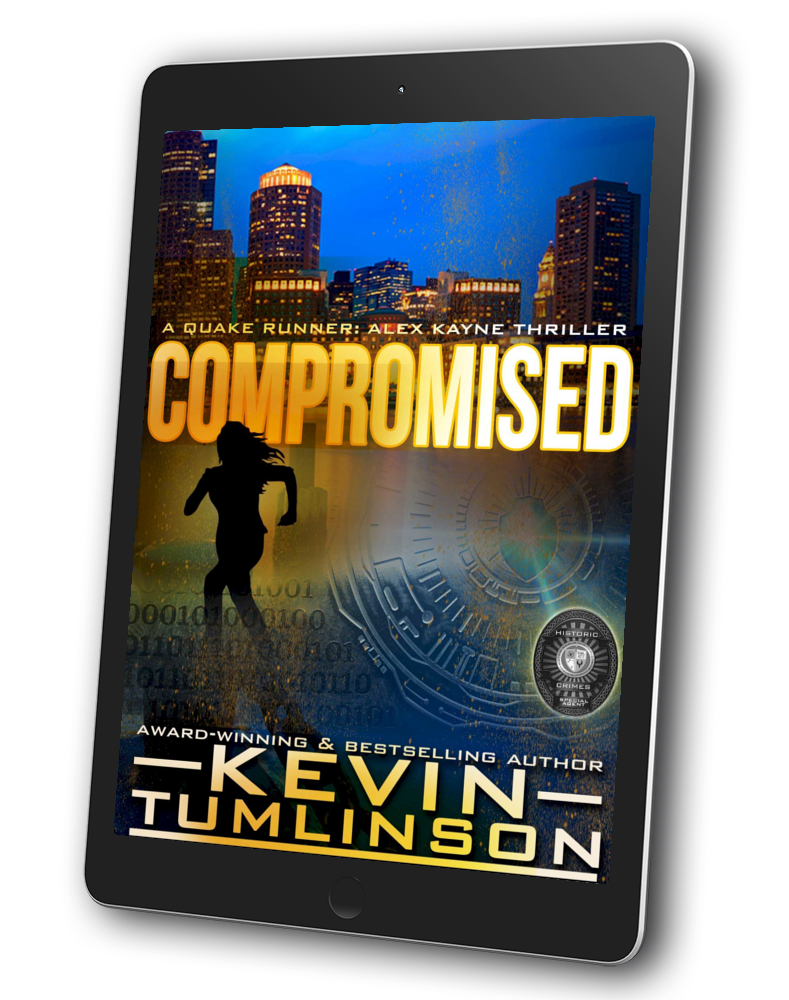
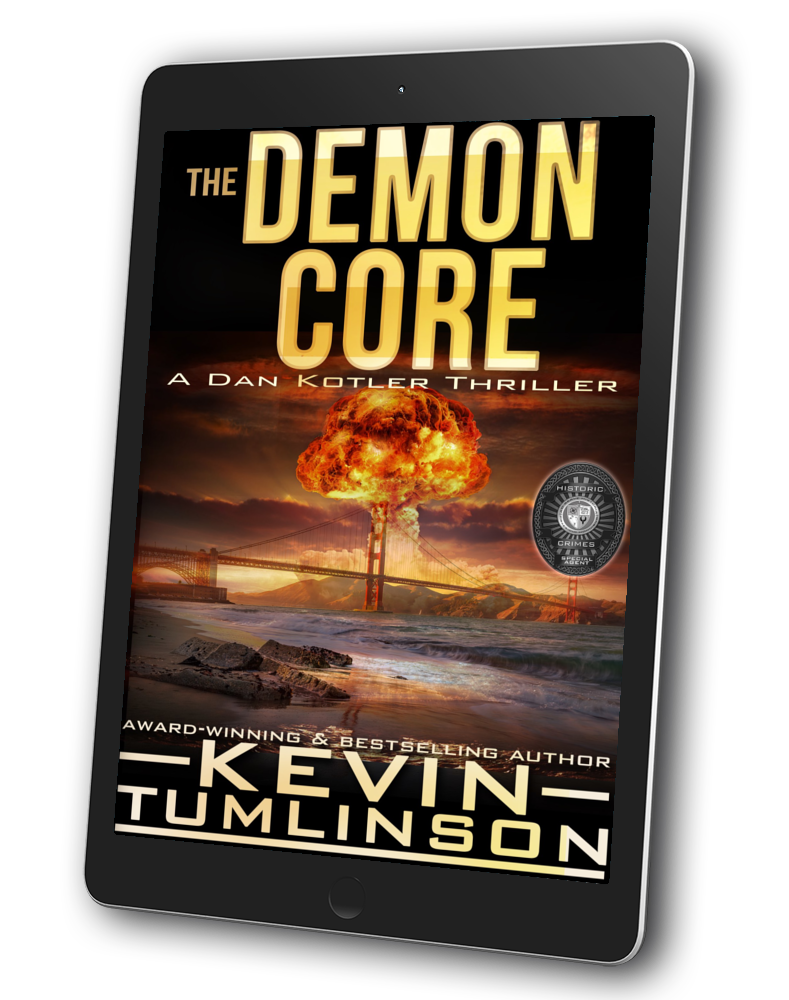
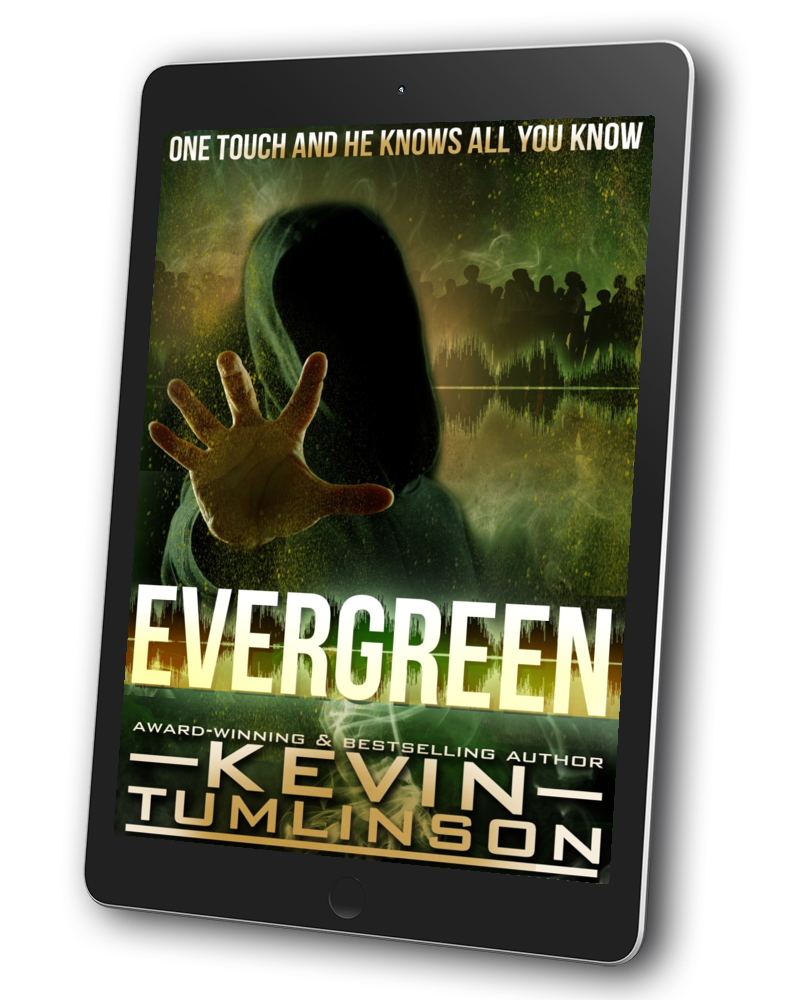
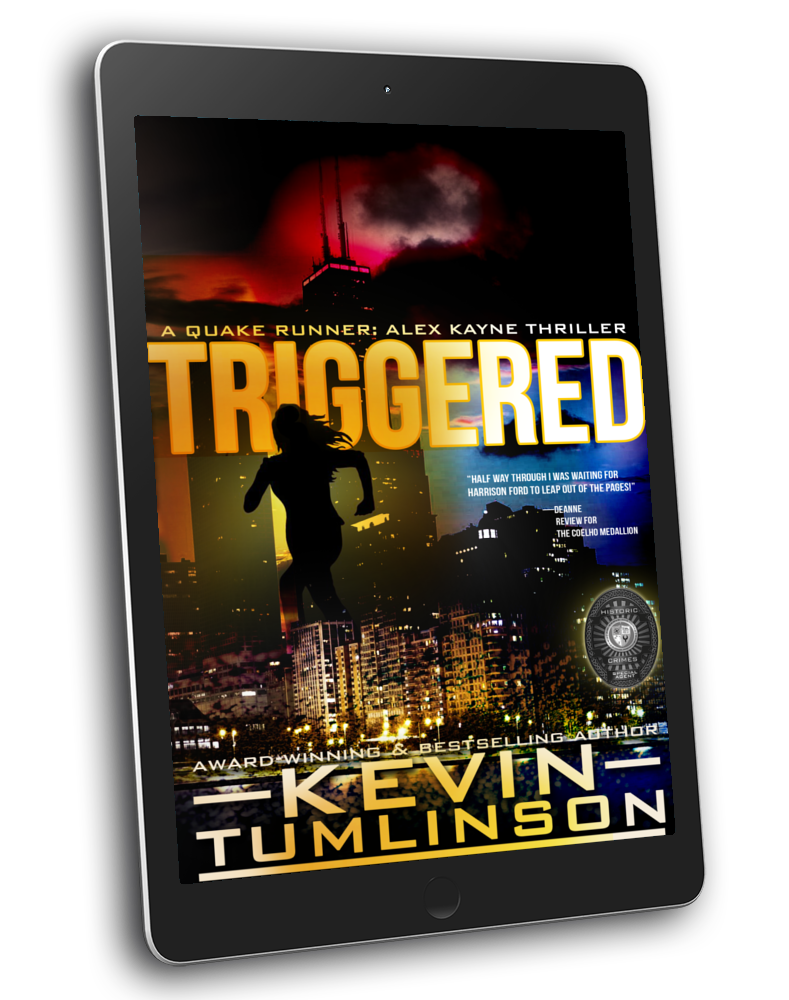
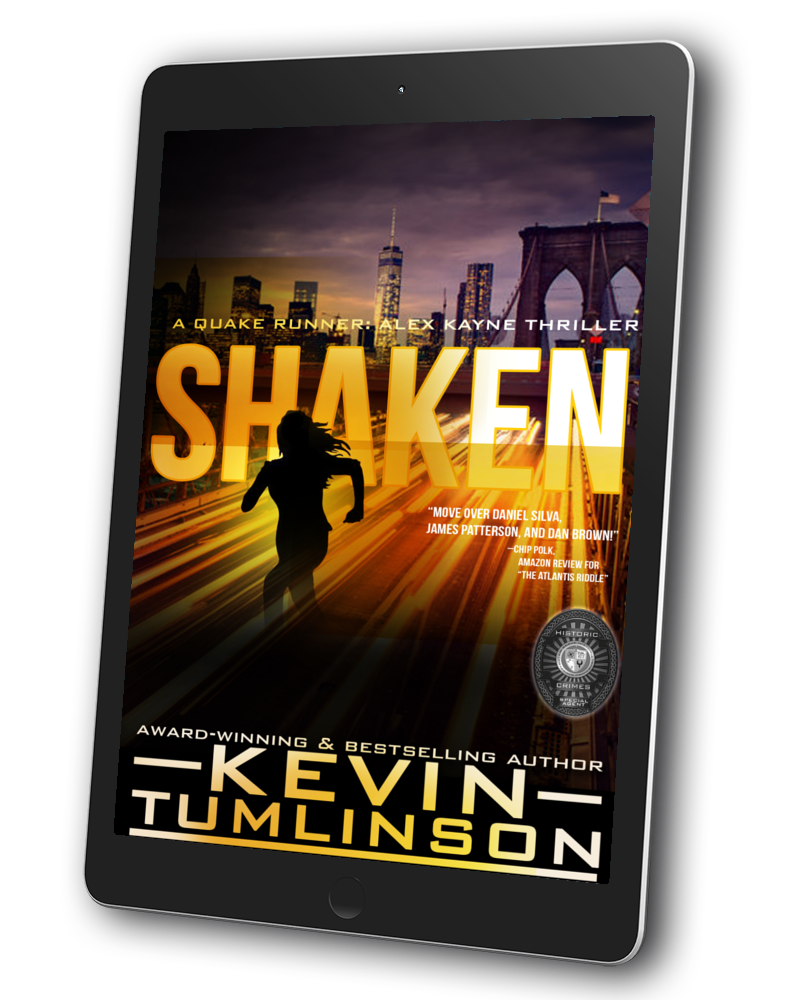
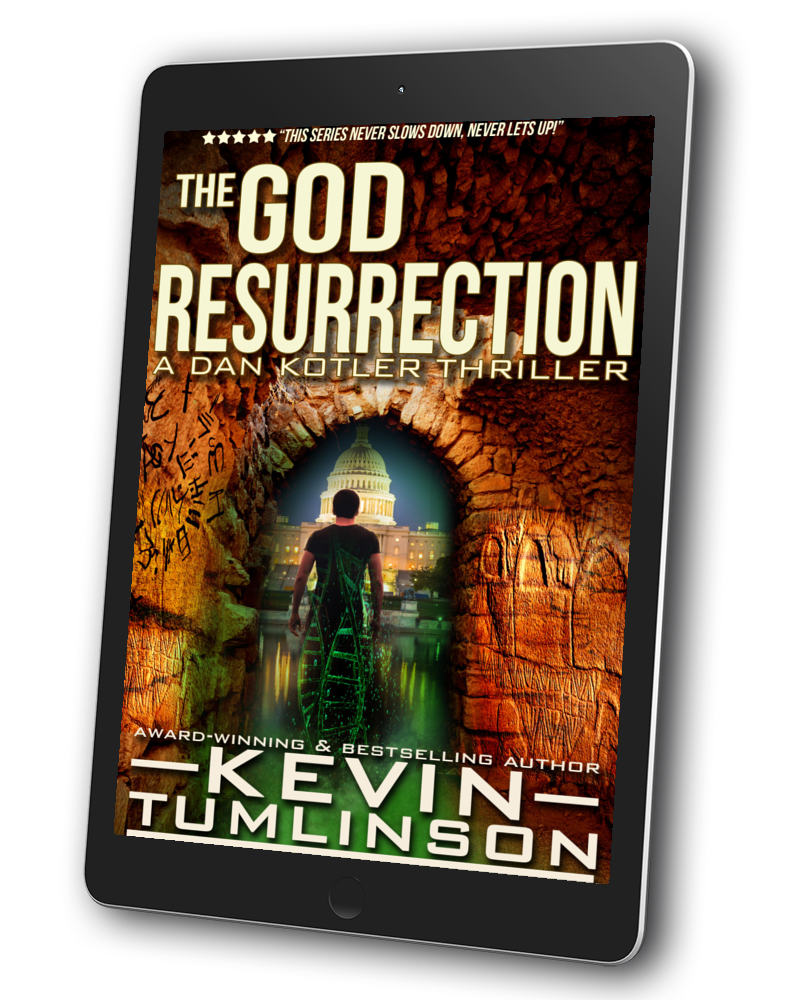
Dan Kotler is back, and this time he’s been recruited to help investigate a mysterious artifact that’s at the heart of a Senator’s disappearance. Engraved on the artifact is a lost Viking rune… but that’s impossible.
The artifact predates the Vikings by nearly ten-thousand years.
Now the artifact has been stolen, and whoever took it plans use it to unleash Hel on Earth. And only Dan Kotler can stop them!
Book 13 in the Dan Kotler Archaeological Thrillers!
>>CLICK HERE to Order The Forgotten Rune